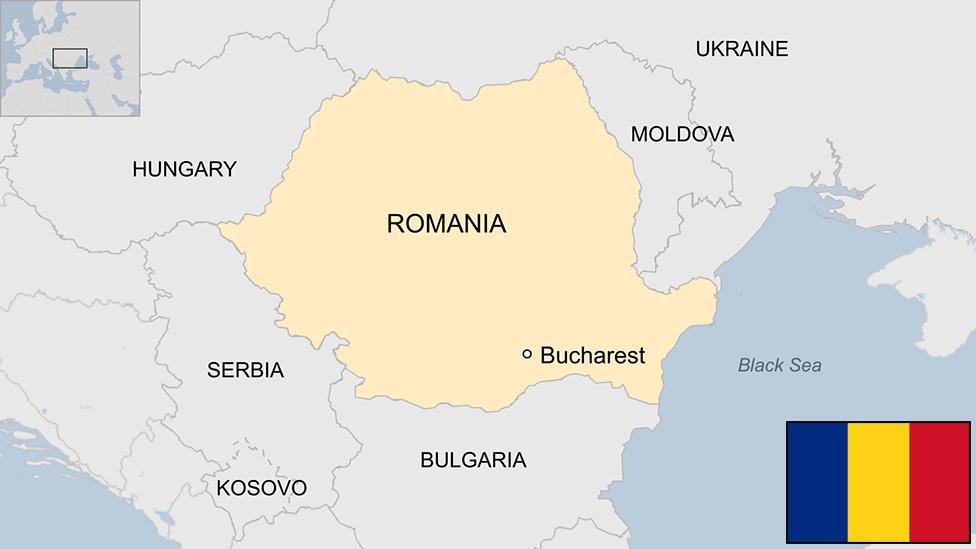Migration benefits outweigh costs, Kent report says
- Published
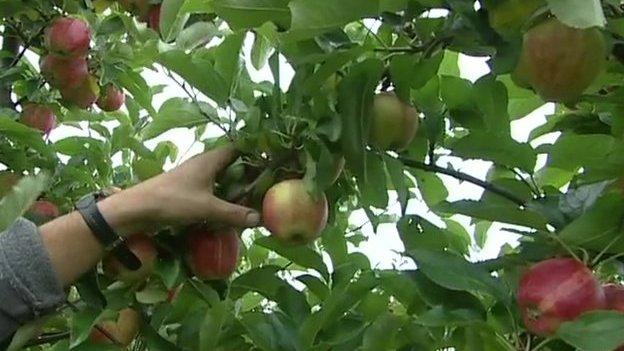
Farmers fear there may not be enough crop-pickers when employment restrictions are lifted
Bulgarian and Romanian migration to Kent could cost about £3m per year, according to a report from the county council.
However, migrants would contribute more than £70m to the UK economy, Kent County Council (KCC) said.
The report into how the council would manage the expected arrival of Romanian and Bulgarian migrants said much of the cost related to hospitals and schools.
Restrictions on the types of jobs the migrants can take end in January.
Bulgarians and Romanians have had the right to visa-free travel to the UK since 2007 when their countries joined the EU, but there are temporary restrictions on the kind of jobs they can take.
Under the EU seasonal agricultural workers scheme, Romanians and Bulgarians have been allowed to work on farms and food processing operations for up to six months.
Some Kent farmers have expressed a fear that those picking the seasonal fruit crops will switch to full-time employment when the restrictions are lifted.
The report estimates about 8,600 Bulgarians and Romanians could migrate to Kent in the next five to 10 years.
'Strivers or spongers'
Paul Carter, Conservative leader of the council, said: "[The report] looked at the migration patterns from the other Eastern European countries that have had that right to live and work in Britain and projected that on Bulgarians.
"You will, I think, get a greater case in Bulgaria and Romania of economic migrants, economic refugees if you like, than you had from Poland and a significant number of Romas, which is already giving a problem in Gravesend and Gravesham."
"There will be a pressure on housing services, health services and school places.
"A lot depends on whether we get the strivers or the spongers from Bulgaria and Romania."
The KCC report said it was likely the majority of Bulgarian and Romanian migrants would be "young, healthy and motivated to secure employment".
"There may also be a small additional demand on child protection and safeguarding services.
"Bulgarian and Romanian migrants are likely to live in private rented accommodation, making little impact on social housing," the report suggests.
The cost to the council would be £3,120,000 after deducting the additional council tax paid by the migrants, it estimates.
It also predicts benefit to the national economy as a whole would be about £70m per year, rather than a direct financial gain to Kent.
'Pie in the sky'
Roger Bird, chairman of UKIP in the South East region, said: "The number of people is going to shoot up, the report says.
"There is very little detail on how the £70m has been calculated - it is very much 'pie in the sky'.
"If the council felt it was all benefit to the economy and no cost, they would be advertising for people to come."
Heather Rolfe, from the National Institute of Economic and Social Research, said the figures were based on those for Polish migration.
"I think it's unlikely that Bulgarian and Romanian migration will be on the same scale," she said.
She added the labour market had changed since then and she expected that Bulgarian and Romanian migrants would be more likely to move between employment sectors.
"This may cause problems to farmers who may not have anyone to pick their crops next year," she said.
- Published17 September 2013
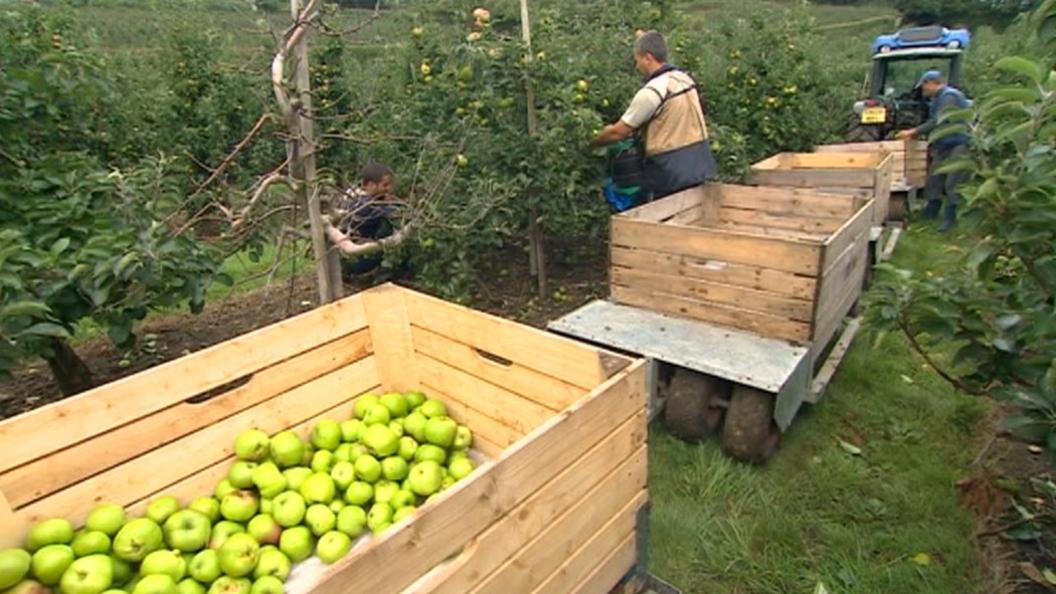
- Published29 August 2013
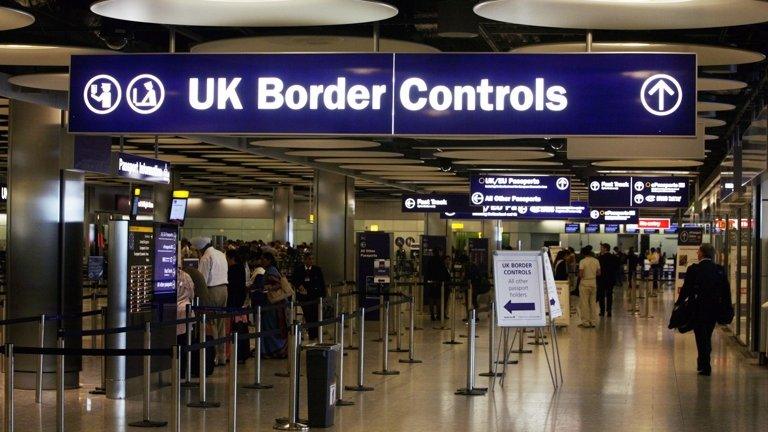
- Published16 August 2013
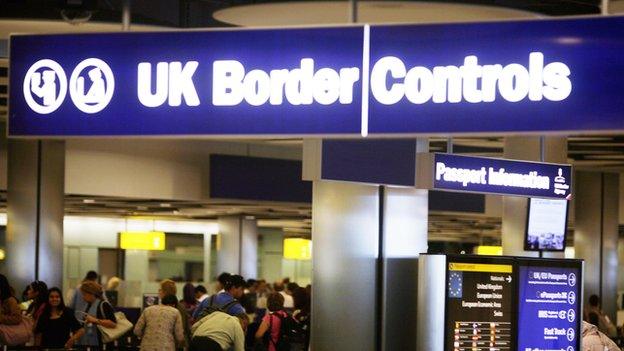
- Published20 January
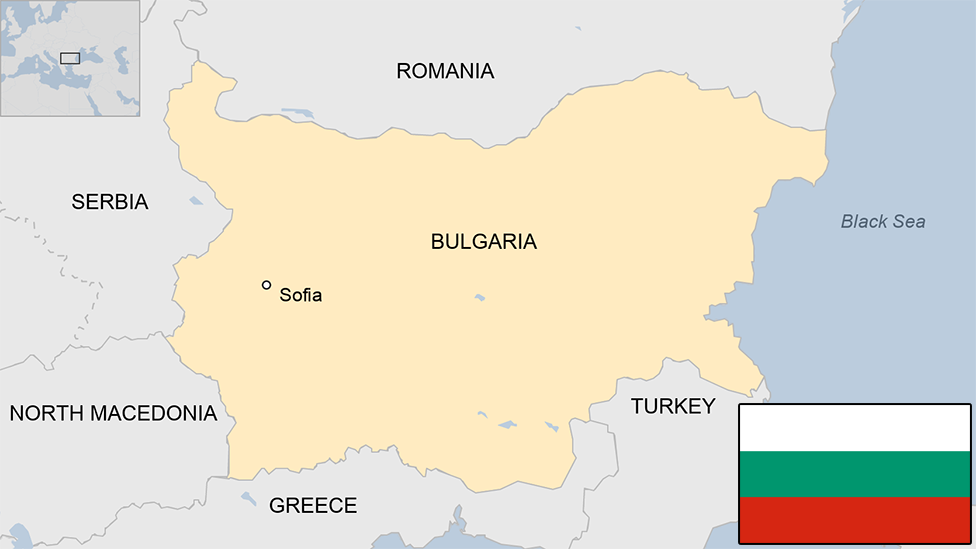
- Published14 May 2014

- Published18 December 2024
